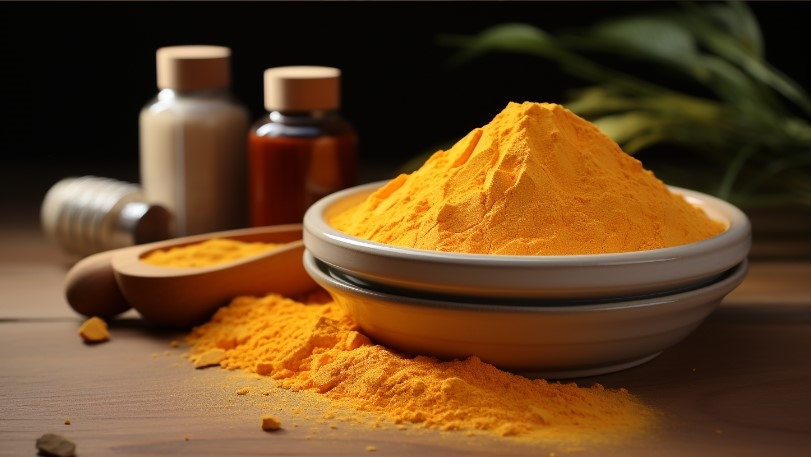Does coQ10 deficiency have any effect on the body

Coenzyme Q10 is a coenzyme of mitochondrial enzyme complex, which plays an important role in cell energy production. Currently, it is mostly used as an auxiliary drug in clinic.
How does Coenzyme Q10 work?
Coenzyme Q10 (CoQ10) is a naturally occurring compound in the human body that can be synthesized in the body and ingested externally.
In the human body, Coenzyme Q10 is derived from tyrosine or phenylalanine to synthesize benzoquinone structure and from acetyl Coenzyme A (CoA) to synthesize polyisoprene side chain via the valerate pathway, and then further modified and condensed to form Coenzyme Q10 by hydroxylation, methylation and decarboxylation.
External intake mainly comes from meat, offal (such as liver), oily fish (such as salmon and tuna), whole grains, nuts, etc., and is also an important source of coQ10 in the human body.
The heart is the organ that requires and consumes the most energy in the body. Myocardial metabolism and energy supply disorders are involved in the pathological processes of various cardiovascular diseases. When coQ10 is deficient, the heart, an organ with high energy requirements, is greatly affected. The possible mechanism of action of coenzyme Q10 is:
Participates in oxidative phosphorylation by regulating electron transfer in the electron transport chain; ② Antioxidant or free radical scavenger can maintain the morphological structure of mitochondria of ischemic cardiomyocytes, reduce peripheral vascular resistance, and increase cardiac output; ③ Raise the threshold of ventricular arrhythmia and anti-arrhythmia; ④ Antagonizing aldosterone and then inhibiting myocardial remodeling.
What role does coQ10 play in the human body?
In fact, its functions in the human body can be described as various. First, it helps cells convert sugar and fat into energy, which is essential for maintaining normal body metabolism and functioning. Secondly, coenzyme Q10 can also help the body to resist the damage of free radicals, and has a certain antioxidant effect, which is beneficial to slow down the aging process of the body. In addition, it can also strengthen the function of the immune system, promote cardiovascular health, and increase the body’s endurance and resistance to fatigue. It can be seen that the importance of coenzyme Q10 for health is still very large.
However, if the lack of coenzyme Q10, the impact on the body is also very large.
The first is the problem of energy metabolism, because coenzyme Q10 plays a crucial role in the process of converting glucose and fat into energy, therefore, when the lack of coenzyme Q10, the energy production in the body will be affected, resulting in fatigue, weakness, fatigue and other symptoms. In addition, the lack of coenzyme Q10 will also affect the normal function of the immune system, making the body vulnerable to the invasion of various bacteria, viruses, fungi and other pathogens, easy to contract diseases.
The most important point is that the lack of coQ10 will lead to a vicious circle phenomenon.
This is because, when the body lacks coenzyme Q10, the cell respiratory chain of the heart, liver, muscles and other important organs will be affected, resulting in a reduction in the oxygen content of the body, poor blood circulation, thus limiting the distribution and supply of energy produced in the body, this vicious cycle will make the body’s symptoms continue to worsen, and may even be life-threatening. Therefore, the harm of lack of coQ10 should not be underestimated.
reference
References: ECG and Heart Function Branch of Chinese Geriatric Society, Cardiovascular Internal Medicine Branch of Chinese Medical Doctor Association, China Heart Failure Center, Alliance Expert Committee. Chinese expert consensus on clinical application of drugs to improve myocardial metabolism (2021)[J]. Chinese Journal of Geriatrics, 2021, 40(9):1081-1092. (in Chinese)
